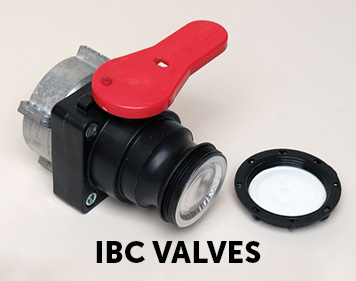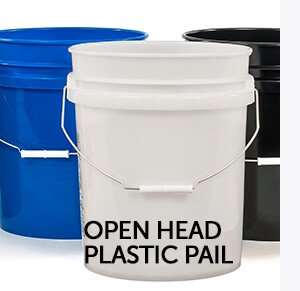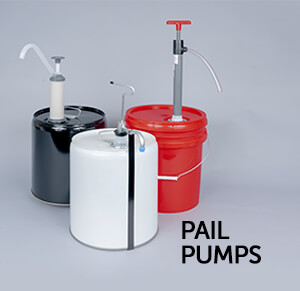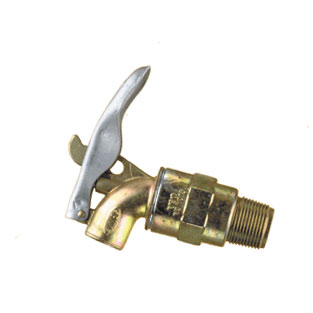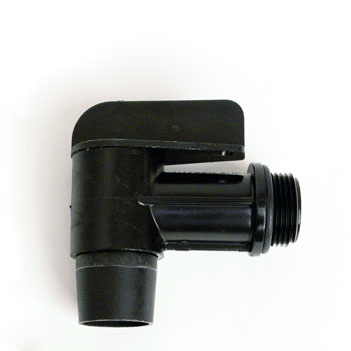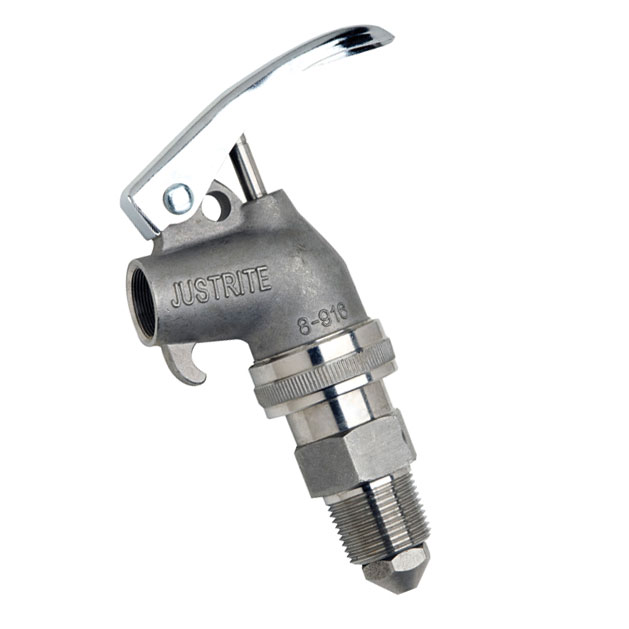We use cookies to improve your experience. By visiting this website, you agree to our Privacy Policy and Terms and Conditions.
Drum Faucets
Pointers to Help You Choose the Right Drum Faucet
Choosing a barrel faucet might seem simple at first, but many factors are involved in choosing the right one:
What’s The Product? The two most important factors in choosing the right drum faucet are physical properties and chemical properties.
- Working with thin, free-running liquids? Choose a 3/4” drum faucet. They won’t drip, and you can control the flow easily in most cases.
- Have heavier liquids like syrups or oils? Use a 2” faucet or gate valve.
Chemicals like acids or alkalis call for a corrosion-resistant plastic faucet.
- Low cost
- Easy, tools-free installation
Metal faucets are available in iron, brass, aluminum, or diecast zinc.
- Iron is extremely durable.
- Brass and aluminum are non-sparking.
- Zinc is the most economical for light oils, cleaners, and non-flammable solvents and paints.
- Most metallic faucets are self-closing and lockable.
- Working with heavier oils and lubricants? Use an oil gate.
"Flammables" Require Special Handling. Use an FM Approved Safety Faucet.
- Examples of this kind of drum faucet: Model 502 or Model 752
- Factory Mutual (FM)-Approved with self-closing handle and built-in flash arrestor to prevent flashback of fire into the drum
- Work perfectly with our FM-Approved vent plugs, safety cans, and grounding/bonding wires
Learn more about Drum Faucets in our Drum Faucets Buying Guide that breaks down shopping findings, material types like plastic and metal faucets, specializations such as FM approved safety faucets and padlockable faucets, and installation tips.


